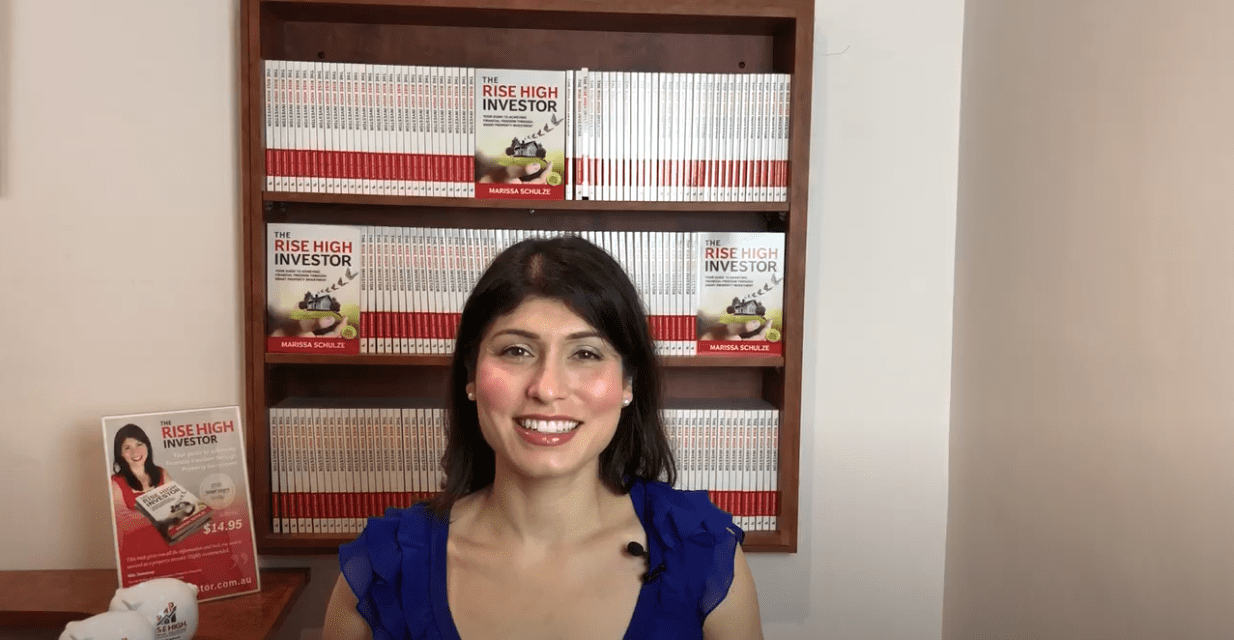No matter what age you are, you’ve probably consider what you might do for retirement. The reality is, living off your run of the mill Superannuation and pension funds just won’t cut it. People are taking their financial future into their own hands and investing their Super to secure the retirement of their dreams.
So here’s how you can use your Self Managed Super to invest in property!
What is a Self Managed Super Fund (SMSF)?
Really an SMSF is no different to any other Super fund. It has the same benefits, rules and conditions. With two difference: instead of having a trustee a SMSF has the investor as the trustee and you get to make the decisions, second, you can have a maximum of four members. The members can combine their finances and take their finances to a level they may not have ever achieved by themselves. So here are a few pros and cons you might want to consider…
Pros – Control is a major pro here. You can control how and where your money goes. And it gets better! The fee structure is much more manageable. Sometimes it can actually be cheaper to run a SMSF. But this is dependent on your own circumstances. And of course the biggest benefit (we think) is the ability to purchase property. There can also be tax benefits to purchasing a property with your SMSF, your marginal tax rate will be 15% instead of over 30%.
Cons – The first con could be price. I can be expensive if you don’t have the most ideal circumstances. While you do get tax benefits, they won’t be negatively geared. This isn’t a total loss though. If your property is positively geared you will have more benefits at the sale of the property… so not totally a con. Of course because you have more control it will take more of your time and extra responsibility.
Is there a minimum balance requirement?
This is one of the most common questions… and we have the answers.
There is no formal minimum requirement! There are a lot of different things to consider before deciding whether it’s the best approach for you. But remember, you can have up to four people, so your total doesn’t have to only be the money available to you. if you’re looking to purchase a property then you’ll need to have the deposit amount. A few banks have a minimum balance requirement of $150,000 to $200,000 or more. The best way to get an understanding is to talk to your mortgage broker and get an idea of your borrowing capacity. You can get this done before you even set up a SMSF and make sure this is the right decision for you.
What are the interest rates involved?
We mentioned before that there are some fees involved with setting up a SMSF. There is also a bit of a difference in interest rates. For a loan on a SMSF property you will be looking at an interest rate over 1% higher. This sounds like a lot, but remember those tax deductions.
What family members can get involved?
Most commonly it’s husband and wife who put their Super together. But it doesn’t have to be that way! Any family member can get involved as long as they’re over 18. They don’t even have to be related to you. It isn’t just family you can add. But you should get some advice before you add anyone just to make sure you’re doing what is in your own best interest.
What affect does your borrowing capacity have on your SMSF?
There are two things that the bank will take into account. The contributions going into your Super fund, either from your employer or if you’re self employed, they tend to look at the historical contributions you’ve made into the fund. The other thing they look at is the rental income you have coming in from your tenants. So there is potential to service your Super debt with you Super contributions and rental incomes.
Costs associated
The costs of course can change but we have some rough figures for you! It’s about $3,500 to set up a SMSF and obtain a deed. You can get cheaper deeds but they will need to be reviewed when the banks assess them. So getting a high quality deed is really important to save you in the future. Depending on what you want your administrator to do you can expect to pay between $2,500 and $5,000 a year to operate your SMSF.
Renovations and home improvements
This one can get a little technical. The rules of Superannuation say that you can’t substantially change the nature of a property purchased within a SMSF with a loaned amount. That basically means if you purchase an older property and the kitchen needs to be redone, that’s fine! You’re just restoring the property to it’s original state. But if you purchased a three bedroom house and wanted to turn it into an office, it would be considered substantially changing the nature of the property. So you shouldn’t purchase a property you want to develop or subdivide, this won’t be allowed. If you’re not sure if your plans will work get some professional advice.
If you’re interested in property investing with your Super contact the team at Rise High here or leave your details below and we’ll get back to you!


